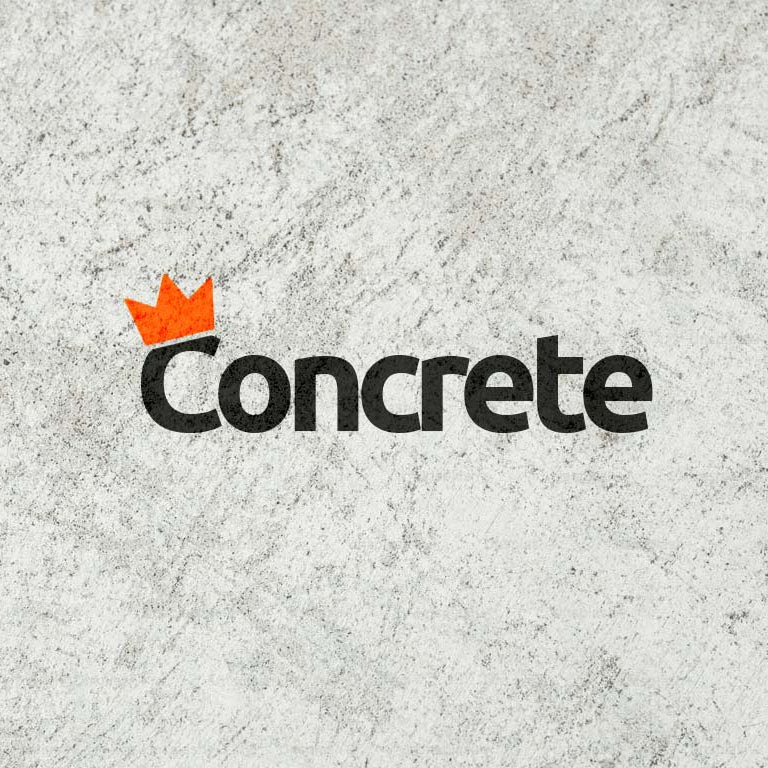When to Pour: Seasonal Concrete Timing Guide

The Timing Question
"When is the best time to schedule my concrete project?"
It's one of the most common questions we hear from clients at Brewerton Concrete Pumps. Whether you're planning a new driveway, foundation, or commercial slab, timing can significantly impact your concrete's long-term performance and durability.
The reality is that while concrete can be placed year-round with proper techniques, each season presents unique challenges and advantages. Understanding these seasonal factors will help you make informed decisions about your project timeline.
Understanding Concrete Curing
Before diving into seasonal considerations, it's worth understanding why weather conditions matter so much for concrete work.
Concrete doesn't simply "dry" – it undergoes a chemical process called hydration. During this process, cement particles react with water to form crystals that bind the aggregate (sand and gravel) together. This reaction generates heat and requires adequate moisture to complete properly.
Three critical factors affect this process:
- Temperature – Influences how quickly the chemical reaction occurs
- Moisture – Essential for complete hydration and strength development
- Wind – Can cause premature surface drying and cracking
When these factors fall outside optimal ranges, the concrete's strength, durability, and appearance can be compromised. That's why seasonal timing matters.
Autumn: The Prime Season for Concrete
In our experience, autumn (March through May) offers the most favorable conditions for concrete placement. Here's why:
Moderate Temperatures
Autumn typically provides the stable, mild temperatures that concrete loves – generally between 10°C and 21°C. These conditions allow for:
- Proper curing time (not too fast, not too slow)
- Reduced risk of thermal cracking
- Easier finishing work without rush or delay
Lower Humidity
Unlike summer's high humidity or winter's damp conditions, autumn generally brings moderate humidity levels that help concrete cure at an ideal rate. The concrete neither dries too quickly on the surface nor retains excessive moisture.
Manageable Rainfall
While spring can bring unpredictable downpours, autumn typically offers more stable weather patterns with gentler, more predictable rainfall. This predictability makes scheduling easier and reduces the risk of rain damage to fresh concrete.
Consistent Ground Conditions
After summer's heat, the ground has usually reached a stable temperature and moisture content, providing an ideal substrate for concrete placement.
Spring: A Close Second Choice
Spring (September through November) ranks as our second-recommended season for concrete work, offering similar advantages to autumn:
Warming Temperatures
As temperatures rise from winter lows, spring provides increasingly favorable conditions for concrete curing. By mid-spring, temperature fluctuations typically moderate, creating good working conditions.
Advantages
- Increasingly longer daylight hours for work
- Ground that has thawed from winter freeze
- Good availability of concrete contractors before summer rush
Challenges
- More variable rainfall patterns
- Potential for saturated ground after winter
- Greater temperature fluctuations between day and night
To maximize success with spring concrete work, scheduling for late spring is often ideal – once temperatures have stabilized and excess ground moisture has had time to dissipate.
Summer: Managing the Heat Challenge
Summer (December through February) concrete work is entirely possible but requires careful planning and expertise.
The Heat Factor
When temperatures exceed 25°C, concrete begins facing significant challenges:
- Rapid surface drying while the concrete beneath remains softer
- Increased risk of plastic shrinkage cracking
- Accelerated setting time that can rush finishing work
- Greater water demand in the mix
- Potential strength reduction if excessive water is added
Strategies for Summer Success
For summer projects, we implement specific techniques:
- Schedule early morning pours – Beginning as early as possible avoids peak heat
- Use chilled water or ice in the mix – Lowers the concrete's initial temperature
- Apply evaporation retarders – Specialized products that reduce surface moisture loss
- Erect sun shades – Protecting both the concrete and workers from direct sun
- Mist curing – Regular light water misting to maintain surface moisture
- Careful timing of finishing operations – Coordinating with the concrete's setting behavior
With these approaches, summer concrete projects can achieve excellent results despite the challenging conditions.
Winter: Technical Challenges, Not Impossibilities
Winter (June through August) presents the most challenging conditions for concrete work, but with proper techniques, successful winter pours are absolutely achievable.
Cold Weather Concerns
Low temperatures create several issues for concrete:
- Significantly slowed hydration reaction
- Risk of freezing before adequate strength development
- Extended setting times affecting finishing operations
- Potential for freeze/thaw damage in early curing stages
Winter Concrete Techniques
Professional concrete contractors employ specialized methods for winter work:
- Heated enclosures – Tenting and heating the pour area
- Ground thawing – Ensuring the substrate isn't frozen
- Hot water mixing – Raising the concrete's initial temperature
- Insulating blankets – Retaining generated heat during curing
- Chemical accelerators – Admixtures that speed setting time
- Extended curing periods – Allowing more time before removing forms
- Temperature monitoring – Using digital sensors to track concrete temperature
With these techniques, winter concrete work can achieve the same quality as warm-weather pours – though at higher cost due to the additional measures required.
Beyond Seasons: Other Timing Factors
While seasonal conditions are important, several other factors should influence your concrete project timing:
Project Scale and Complexity
Larger or more complex projects benefit from optimal weather conditions more than simple, small-scale pours. A decorative stamped patio or structural foundation might warrant waiting for ideal conditions, while a simple garden shed slab might not.
Contractor Availability
Quality concrete contractors are often busiest during optimal pouring seasons. Scheduling during shoulder seasons may provide better availability and potentially better pricing.
Project Timeline Constraints
Sometimes external factors dictate timing regardless of season – construction loan requirements, permit timelines, or coordination with other trades may necessitate concrete work during less-than-ideal conditions.
Indoor vs. Outdoor Work
Interior concrete work is less affected by seasonal conditions, as the building envelope provides protection from direct weather effects. This can expand your viable project timing window.
Brewerton's Approach to Seasonal Concrete Work
At Brewerton Concrete Pumps, we've developed expertise in successful concrete placement throughout all seasons. Our approach includes:
Comprehensive Planning
Before every pour, we evaluate:
- Current and forecast weather conditions
- Project specifications and requirements
- Site-specific factors affecting concrete placement
- Appropriate mix design for the conditions
Adaptive Techniques
Based on conditions, we employ:
- Modified concrete mixes appropriate for temperature and humidity
- Strategic scheduling to optimize weather windows
- Specialized equipment selected for the specific project and conditions
- Appropriate curing protocols based on environmental factors
Expert Operation
Our experienced operators understand how seasonal conditions affect both concrete behavior and pumping equipment performance. This expertise translates to consistent quality regardless of when your project takes place.
Making Your Decision
So when should you schedule your concrete project? Consider these guidelines:
Optimal Choice
If your project timeline is flexible and quality is the top priority, aim for autumn or late spring when conditions naturally favor concrete work.
Practical Reality
With proper techniques and experienced contractors, successful concrete placement can occur year-round. Don't automatically postpone necessary work based solely on season.
Cost Considerations
Weather mitigation techniques during extreme seasons may increase project costs. Weigh these against the value of completing your project on your preferred timeline.
Professional Guidance
Consult with experienced concrete contractors like Brewerton early in your planning process. Our team can help evaluate the specific requirements of your project and recommend optimal timing.
Partner with Experts for Any Season
Whatever the season, Brewerton Concrete Pumps brings the expertise, equipment, and experience to ensure successful concrete placement for your project. Unlike companies offering equipment-only hire, our operator-included service ensures you benefit from our seasonal expertise on every pour.
Contact our team today to discuss your project requirements and develop a concrete placement strategy optimized for both your timeline and the seasonal conditions.
Ready to Pour?
Contact Brewerton Concrete Pumps today for expert concrete pumping solutions across Auckland. With our certified equipment, experienced operators and commitment to safety, your project is in trusted hands.
Get a free quote and experience the difference of working with Auckland's concrete pumping specialists.

Get in Touch.
Need help with your next concrete project? Our team is ready to assist with specialized equipment and experienced operators. Fill in the form below for a prompt response from our concrete pumping specialists.
Why Brewerton?
Auckland's most trusted concrete pumping specialists, delivering precise solutions for every project challenge.
Unlike others, we don't offer dry hire - our skilled operators come with every machine, ensuring superior results and peace of mind for your construction project.




.avif)